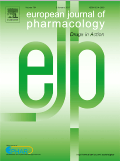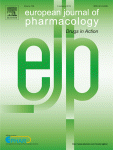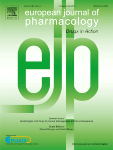 Researchers in Japan have issued their fourth retraction, noting that the same figures were used to depict different experimental conditions.
Researchers in Japan have issued their fourth retraction, noting that the same figures were used to depict different experimental conditions.
The group lost two papers in 2015 for the same reason, following a misconduct investigation at Oita University in Japan. Last year, the same group notched another retraction, and pegged the responsibility for the problematic figures on first author Satoshi Hagiwara.
Now, the group has published a fourth retraction in the European Journal of Pharmacology; the latest notice doesn’t identify a culprit. All four retracted papers list Hagiwara as first author.
Here’s the latest retraction notice: Continue reading Japan group earns 4th retraction following investigation
 When two papers include the same images of rat hearts, one of those papers gets retracted.
When two papers include the same images of rat hearts, one of those papers gets retracted.

